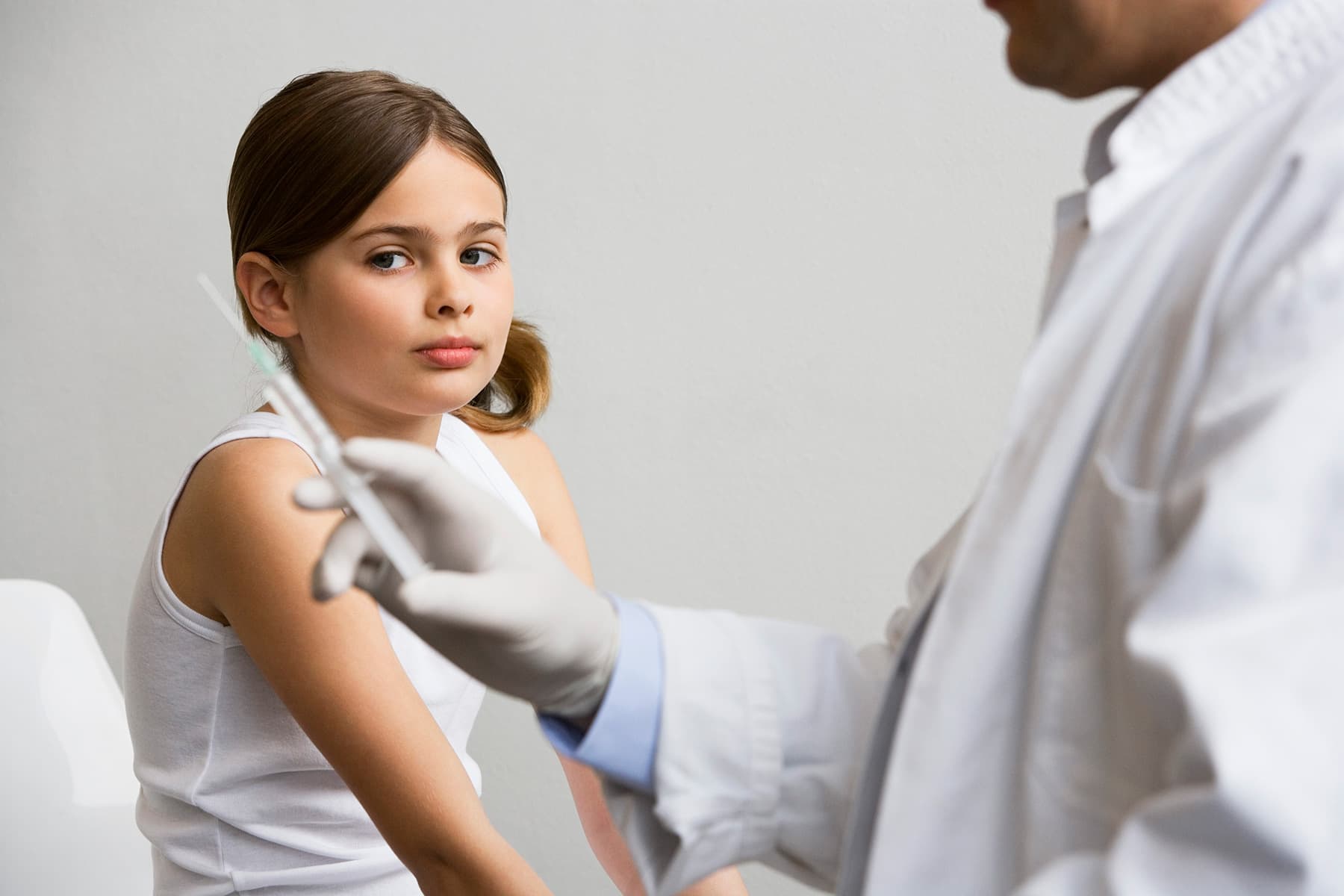Nov. 2, 2021 — Youthful kids might quickly obtain their first dose of Pfizer’s COVID-19 vaccine after the CDC formally endorsed the shot for this age group on Tuesday night.
CDC Director Rochelle Walensky, MD, signed off on the advice, which she was anticipated to do, which means Pfizer’s vaccine might be accessible to youngsters inside this age vary as quickly as Wednesday.
The transfer comes simply hours after members of a panel that advises the CDC on vaccination strongly endorsed the shot for this age group. Earlier Tuesday, the 14 members of the CDC’s Advisory Committee on Immunization Practices (ACIP) voted unanimously to advocate two doses of Pfizer’s lower-dose mRNA vaccine for youngsters ages 5 to 11 years previous.
There are an estimated 28 million kids within the U.S. on this age group.
“I really feel like I’ve a duty to make this vaccine accessible to kids and their mother and father,” mentioned committee member Beth Bell, MD, a medical professor on the College of Washington in Seattle. Bell famous that every one proof that the committee had reviewed pointed to a vaccine that was secure and efficient for youthful kids.
“If I had a grandchild, I would definitely get that grandchild vaccinated as quickly as doable,” she mentioned.
Their suggestions adopted the FDA’s emergency authorization of Pfizer-BioNTech’s vaccine for this identical age group final week.
“I am voting for this as a result of I feel it might have an enormous constructive impression on [kids’] well being and their social and emotional well-being,” mentioned Grace Lee, MD, a pediatrician at Stanford College who chairs the CDC’s Advisory Committee on Immunization Practices.
Though masks can be found to scale back the danger of the virus for teenagers, they don’t seem to be excellent and transmission nonetheless happens, Lee famous.
“Vaccines are actually the one constant and dependable method to supply that safety,” Lee mentioned.
The Pfizer vaccine for youngsters is 2 doses which can be given 3 weeks aside. Every dose is 10 micrograms, which is one-third of the dose utilized in adults and teenagers.
To keep away from confusion, the smaller dose for teenagers will are available in bottles with orange labels and orange tops. The vaccine for adults is packaged in purple.
The CDC additionally addressed the query of youngsters who’re near age 12 after they get their first dose.
Generally, pediatricians permit for a 4-day grace interval round birthdays to find out which dose is required. The identical methodology will likely be used for the COVID-19 vaccine, consultants mentioned.
For youths who’re 11 after they begin the sequence, they need to get one other 10-microgram dose after they flip 12 a number of weeks later.
The information comes as COVID-19 instances on this age group have climbed sharply over the summer time and into the autumn as college have absolutely reopened, generally with out the usage of masks.
Within the first week of October, roughly 10% of all COVID-19 instances recorded within the U.S. had been amongst kids ages 5 via 11. Because the begin of pandemic, about 1.9 million kids on this age group have been contaminated, although that is virtually definitely an undercount. Greater than 8,300 have been hospitalized, and 94 kids have died.
Youngsters of colour have been disproportionately impacted. Greater than two-thirds of hospitalized kids have been Black or Hispanic.
Advantages vs. Dangers
In clinical trials that included greater than 4,600 kids, the commonest opposed occasions had been ache and swelling on the injection web site. Unwanted effects like fevers, fatigue, headache, chills, and generally swollen lymph nodes additionally occurred in some instances. These sorts of unwanted effects look like much less frequent in kids ages 5 to 11 than they’ve been in teenagers and adults, and so they had been momentary.
No instances of myocarditis or pericarditis — swelling of the heart — had been seen within the research. However myocarditis is a really uncommon aspect impact, and the research had been too small to choose up these instances.
Nonetheless, docs say they’re waiting for it. Generally, the best danger for myocarditis after vaccination has been seen in youthful males, between the ages of 12 and 30.
Even with out COVID-19 or vaccines within the combine, docs count on to see as many as two instances of myocarditis for each 1 million individuals over the course of per week. The danger of myocarditis jumps as much as about 11 instances for each 1 million doses of mRNA vaccine given to males ages 25 to 30. It is between 37 and 69 instances per 1 million doses in boys between the ages of 12 and 24.
However consultants say the potential of this uncommon danger should not deter mother and father from vaccinating youthful kids. This is why: The danger of myocarditis is larger after COVID-19 an infection than after vaccination. Youthful kids even have a decrease danger of myocarditis in comparison with teenagers and younger adults, suggesting that this aspect impact could also be much less frequent on this age group, though that continues to be to be seen.
The smaller dose approved for youngsters can be anticipated to attenuate the danger of myocarditis even additional.
The CDC says mother and father ought to name their physician if a baby develops ache of their chest, has trouble breathing, or appears like they’ve a beating or fluttering coronary heart after vaccination.
A Drop in Circumstances?
Fashions wanting on the impression of vaccines on this age group predict that nationally, instances would drop by about 8% if kids are vaccinated.
The fashions additionally steered that vaccination of youngsters this age would gradual — albeit not cease — the emergence of recent variants.
For each 1 million doses, the CDC’s modeling predicts greater than 56,000 COVID-19 infections can be prevented on this age group, together with dozens of hospitalizations, and post-COVID circumstances like multisystem inflammatory syndrome in kids (MIS-C).
CDC consultants additionally estimate that simply 10 youngsters would have to be vaccinated over 6 months to forestall a single case of COVID-19.
Vaccinating youngsters might assist gradual transmission of the virus and would give mother and father and different caregivers larger confidence in collaborating in class and extracurricular actions, the CDC mentioned.
CDC consultants mentioned they might use a wide range of programs, together with hospital networks, the open Vaccine Antagonistic Occasions Reporting System (VAERS) database, the cell-phone based mostly V-SAFE app, and insurance coverage claims databases to maintain a watch out for any uncommon opposed occasions associated to the vaccines in kids.





